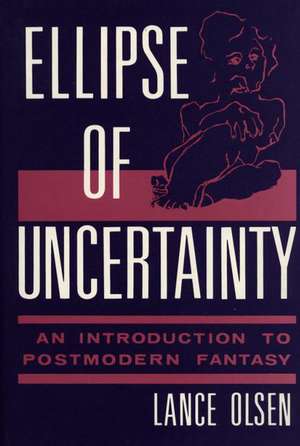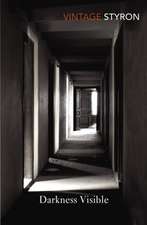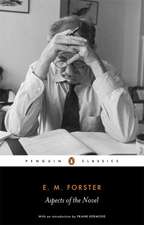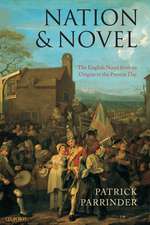Ellipse of Uncertainty: An Introduction to Postmodern Fantasy: Contributions in Librarianship and Information Science,, cartea 26
Autor Lance Olsenen Limba Engleză Hardback – 31 mar 1987
This fascinating study of literary theory is the first work of its kind to examine the intersection of fantasy and postmodernism, and to analyze contemporary fantasy writers comparatively. After carefully developing working definitions of postmodernism and fantasy, the author goes on to analyze works by various postmodernist fantasy writers. Olsen's approach is eclectic, bringing to each text or textual complex those forces he feels most interestingly stir up its sediment--be they biographical, structural, psychoanalytic, philosophical, reader-response, or otherwise. Finally he argues that postmodern fantasy is the literary equivalent of deconstructionism, for it interrogates all we take for granted about language and experience, giving these no more than shifting and provisional status. It may be seen as a mode of radical skepticism that believes only in the possiblilty of total intelligibility.
Din seria Contributions in Librarianship and Information Science,
- 51%
 Preț: 252.39 lei
Preț: 252.39 lei - 55%
 Preț: 149.99 lei
Preț: 149.99 lei - 36%
 Preț: 465.19 lei
Preț: 465.19 lei - 43%
 Preț: 295.37 lei
Preț: 295.37 lei - 31%
 Preț: 283.56 lei
Preț: 283.56 lei - 28%
 Preț: 461.00 lei
Preț: 461.00 lei - 27%
 Preț: 439.60 lei
Preț: 439.60 lei - 38%
 Preț: 344.82 lei
Preț: 344.82 lei - 47%
 Preț: 151.04 lei
Preț: 151.04 lei - 42%
 Preț: 271.22 lei
Preț: 271.22 lei - 38%
 Preț: 345.74 lei
Preț: 345.74 lei - 38%
 Preț: 345.49 lei
Preț: 345.49 lei - 38%
 Preț: 436.57 lei
Preț: 436.57 lei - 38%
 Preț: 442.56 lei
Preț: 442.56 lei - 45%
 Preț: 385.61 lei
Preț: 385.61 lei - 28%
 Preț: 438.00 lei
Preț: 438.00 lei - 34%
 Preț: 207.28 lei
Preț: 207.28 lei - 42%
 Preț: 422.44 lei
Preț: 422.44 lei - 33%
 Preț: 322.40 lei
Preț: 322.40 lei - 51%
 Preț: 254.18 lei
Preț: 254.18 lei - 34%
 Preț: 559.72 lei
Preț: 559.72 lei - 33%
 Preț: 319.83 lei
Preț: 319.83 lei - 28%
 Preț: 344.47 lei
Preț: 344.47 lei - 24%
 Preț: 461.35 lei
Preț: 461.35 lei - 40%
 Preț: 509.02 lei
Preț: 509.02 lei - 27%
 Preț: 439.51 lei
Preț: 439.51 lei - 41%
 Preț: 312.84 lei
Preț: 312.84 lei - 33%
 Preț: 320.87 lei
Preț: 320.87 lei
Preț: 362.02 lei
Preț vechi: 477.77 lei
-24% Nou
69.27€ • 72.52$ • 57.32£
Carte tipărită la comandă
Livrare economică 07-21 aprilie
Specificații
ISBN-10: 0313255113
Pagini: 145
Dimensiuni: 157 x 231 x 18 mm
Greutate: 0.35 kg
Editura: Greenwood Press
Seria Contributions in Librarianship and Information Science,











